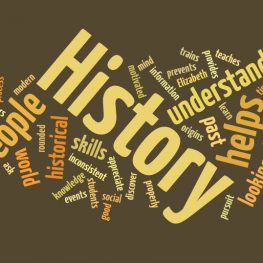Categories
CXC CAPEHistory is the continuous, systematic study, through research, of events over time, that are of importance to communities, societies, countries, and ultimately, the human race. The CAPE History Syllabus seeks to enhance the interests, capabilities, skills, and attitudes of students to enable them to develop as autonomous human beings capable of acting as rational and ethical individuals, and as responsible members of their community. The selection, structure, and content of themes and modules have been informed by a desire to promote an understanding of the historical as well as the contemporary relationships among the nations and societies on the Atlantic shores. The syllabus has been organized to enhance the in-depth study of themes that will enable persons to acquire and practice the skills of a historian.
The syllabus is arranged into two Units, each made up of three Modules. While each Unit is independent of the other, together they form a holistic vision of the Caribbean and the Atlantic region as a theatre in which some foundations of the modern world were established.
Unit 1: The Caribbean in the Atlantic World
| Module 1 | Indigenous Societies |
| Module 2 | Slave Systems: Character and Dismantlement |
| Module 3 | Freedom in Action |
Unit 2: Atlantic World and Global Transformations
| Module 1 | Atlantic World: Interactions |
| Module 2 | Atlantic Development: Identity and Industry |
| Module 3 | International Relations: Conflict and Liberation |


